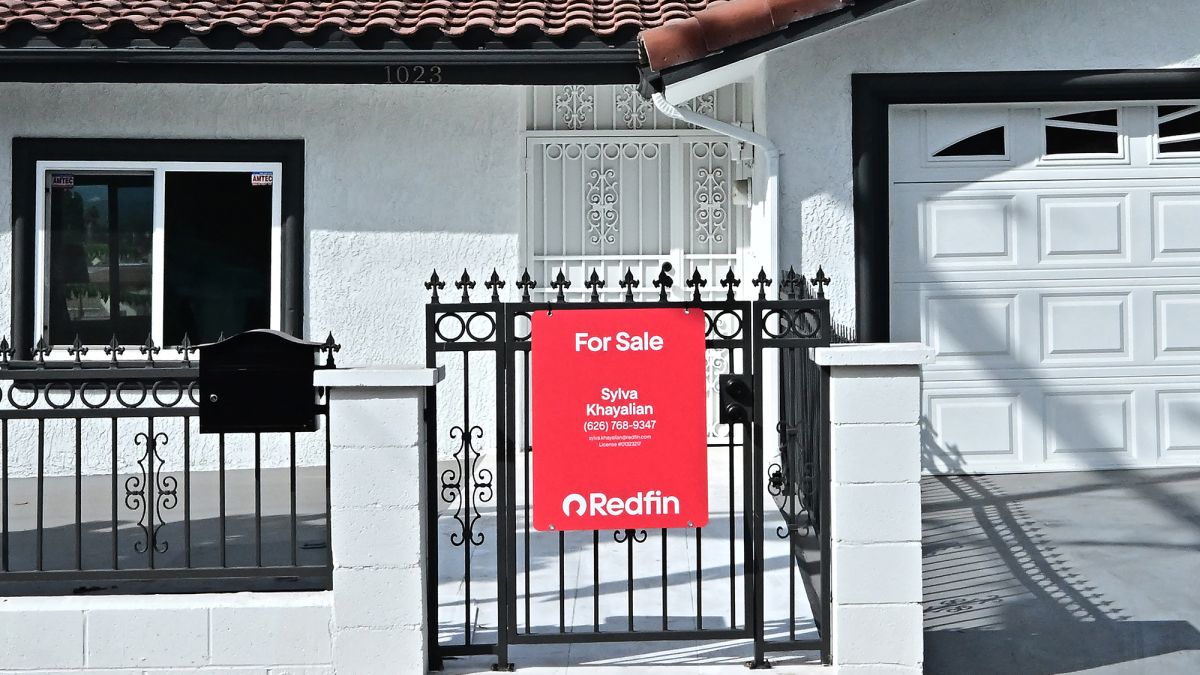D
awn Rickabaugh, known as the “Note Queen,” teaches landlords, sellers, buyers, and their agents how to close mutually beneficial deals no matter the market climate. By introducing seller financing and revealing the hidden world of private mortgage notes, she gives ordinary people and seasoned investors alike powerful, accessible tools.
Positioned at the crossroads of property and paper, Dawn offers a way to sidestep the limits of traditional bank lending. Her services—education, consulting, coaching, books, and courses—focus on seller financing and note investing, turning rental properties into passive mortgage income secured by familiar real estate.
The core problem she tackles is the grind of active property management and the constraints of bank financing. Many landlords grow weary of tenant issues, maintenance, and unpredictable costs. Seller financing lets owners offload those responsibilities while earning steady, annuity‑style income. “We’re turning property nightmares into income dreams—if it’s done right,” she says. She argues that notes backed by real estate are among the safest, most sought‑after investments today, often yielding higher returns than traditional landlord roles.
For sellers, this approach means quick sales at top prices, deferred capital gains, interest earnings on the IRS’s money, and stable retirement income. The annuity stream can be sold for lump‑sum cash in the secondary market when structured wisely. Dawn’s business model is multi‑faceted: she offers free monthly Q&A sessions on YouTube’s “Property & Paper LIVE,” a podcast, and regular workshops for sellers, buyers, agents, and investors on creating or selling notes.
Buyers learn how to tap into equity‑rich sellers, unlocking trillions of dollars in invisible financing. Dawn’s firm doesn’t just teach; it actively purchases mortgage notes and real estate, keeping a pulse on market trends.
A key differentiator is her insistence on well‑engineered notes. Strong down payments, short amortization, proper servicing, and clean, enforceable paperwork make a note “healthy.” Poorly structured seller‑financed deals can cost sellers tens or hundreds of thousands of dollars. For agents, Dawn offers owner‑financing terms to rescue listings or commissions when buyers fail bank approvals. Investors gain access to discounted notes; owners learn to sell or hold notes for income. Brokers and attorneys receive expertise often lacking unless they buy notes themselves.
Ethics and protection are woven into the brand. Dawn stresses legal, ethical, and intelligent execution, warning of pitfalls when deals are sloppy or when sellers ignore secondary market rules, disclosure laws, or servicing obligations.
Financially, the model thrives on growing demand. Traditional financing is harder for self‑employed buyers or those with past credit issues, while many homeowners have trapped equity. Seller financing bridges sellers’ needs for price, cash flow, and deferred gains with buyers’ need for access when banks refuse. Note Queen serves both sides.
Challenges remain: state regulations differ; investors need discipline; note servicing must be reliable; sellers must be realistic and fully informed to avoid surprises if they sell their note. Dawn supplies tools and insights to help clients dodge common rookie mistakes.
Ultimately, Dawn Rickabaugh presents a robust alternative to bank‑centric real estate, enabling everyday people—from a “Mom ’n ’Pop” to seasoned investors—to create meaningful financial solutions through seller financing and private mortgage notes.















